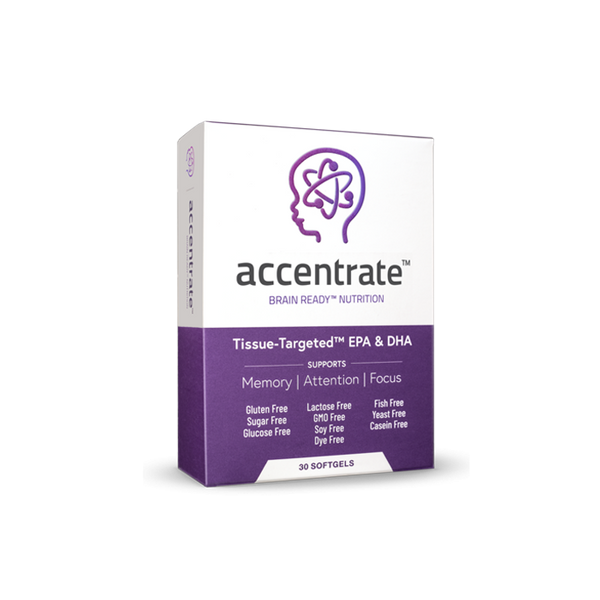Navigating ADHD: A Guide for Parents Exploring Treatment Options
As parents of children with ADHD, navigating treatment options can feel overwhelming. From medications to lifestyle changes, understanding the available interventions is essential for supporting your child's well-being. In this blog post, we'll explore the role of MTHFR genetic mutations, L-methylfolate supplementation, and non-medication options in managing ADHD.
Understanding MTHFR Genetic Mutations:
MTHFR (methylenetetrahydrofolate reductase) is an enzyme involved in folate metabolism, essential for neurotransmitter synthesis and DNA methylation. Genetic mutations in the MTHFR gene can impair folate metabolism, potentially affecting neurotransmitter function and increasing susceptibility to conditions like ADHD. MTHFR mutations can be identified with Pharmacogenetic Testing.

L-Methylfolate Supplementation
L-methylfolate, the active form of folate, plays a crucial role in supporting optimal brain function. For individuals with MTHFR mutations or folate deficiency, supplementation with L-methylfolate may help address underlying imbalances and alleviate symptoms of ADHD. Consult with your Sulcata Psychiatry provider knowledgeable in MTHFR genetics to determine if L-methylfolate supplementation is appropriate for your child. For convenience, we carry Accentrate and Accentrate 110 in our Tomball, Texas office, which is our preferred brand of L-Methylfolate supplementation.
Behavioral Therapy
Behavioral therapy, such as cognitive-behavioral therapy (CBT) and parent training programs, teaches coping strategies, organizational skills, and behavior management techniques. These therapies empower both children and parents to effectively manage ADHD symptoms and improve overall functioning. Occupational Therapy (OT) can also be helpful in reducing unwanted behaviors and improving independence.
Dietary Modifications
Certain dietary modifications, such as reducing sugar and processed foods while increasing intake of omega-3 fatty acids, fruits, vegetables, and lean proteins, may help alleviate ADHD symptoms. Experiment with your child's diet under the guidance of your Sulcata Psychiatry provider l to identify potential triggers and supportive nutritional strategies.

Exercise & Physical Activity
Regular physical activity has been shown to improve attention, impulse control, and mood in children with ADHD. Encourage your child to engage in activities they enjoy, such as sports, dancing, or outdoor play, to promote overall well-being and symptom management.
Mindfulness & Stress Reduction
Mindfulness practices, such as meditation, deep breathing exercises, and yoga, can help children with ADHD develop greater self-awareness, emotional regulation, and attentional control. Integrate mindfulness techniques into your child's daily routine to promote relaxation and stress reduction.
Environmental Modifications:
Create a structured and supportive environment at home and school to minimize distractions and enhance focus. Establish consistent routines, organize study spaces, and provide clear expectations to help your child thrive academically and socially. Public schools offer accommodations through programs such as 504 and IEP interventions, which can be requested by the parent with a letter from your Sulcata Psychiatry provider.
Experience the Sulcata Difference
Managing ADHD requires a multifaceted approach that addresses both biological and environmental factors. By exploring interventions such as L-methylfolate supplementation, behavioral therapy, dietary modifications, exercise, mindfulness practices, and environmental modifications, parents can empower their children to thrive despite the challenges of ADHD. Consult with your Sulcata Psychiatry provider in Tomball, Texas to tailor a comprehensive treatment plan that meets your child's unique needs and fosters their long-term success.
